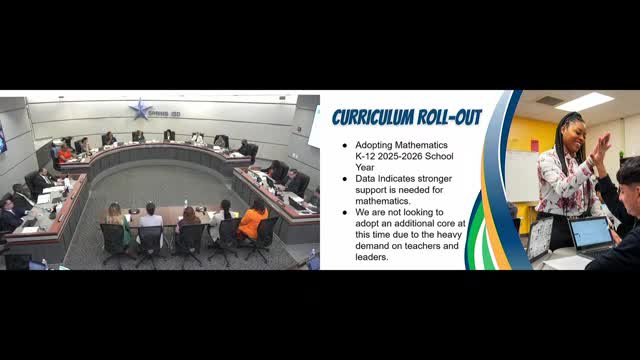Article not found
This article is no longer available. But don't worry—we've gathered other articles that discuss the same topic.
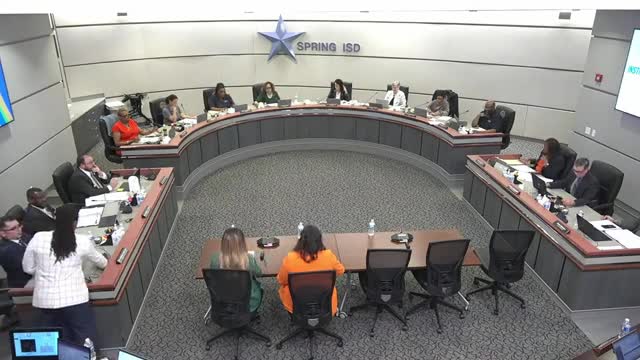
Spring ISD committee recommends Bluebonnet math and Accelerated Learning for tiered instruction
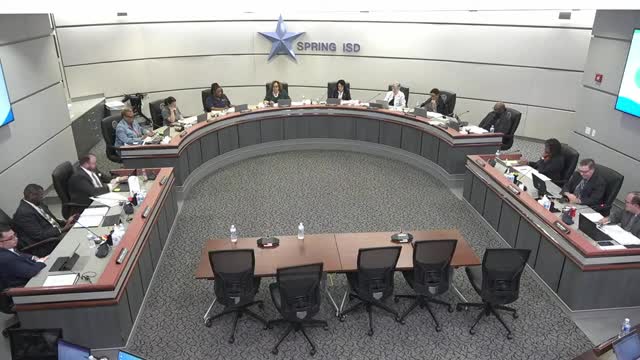
Spring ISD brings EPIC GMP package 2 and annual job-order contracts to board
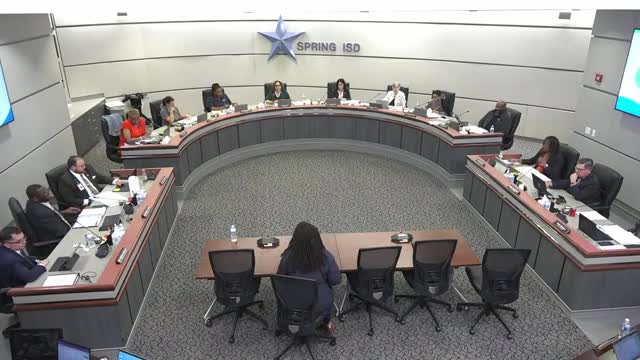
Spring ISD moves to expand $500,000 "Achieve" payouts to more campus staff; trustees debate eligibility
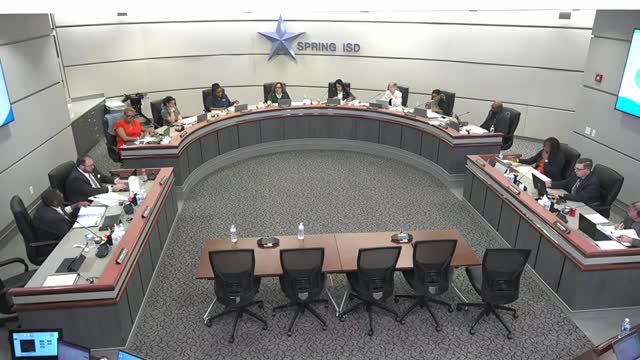
Spring ISD seeks Department of Labor apprenticeship designation for 'grow your own' teacher pipeline
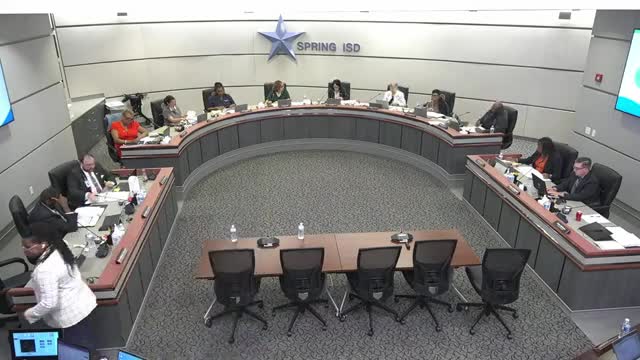
Spring ISD to negotiate MOU for $1.3 million early head start expansion site
